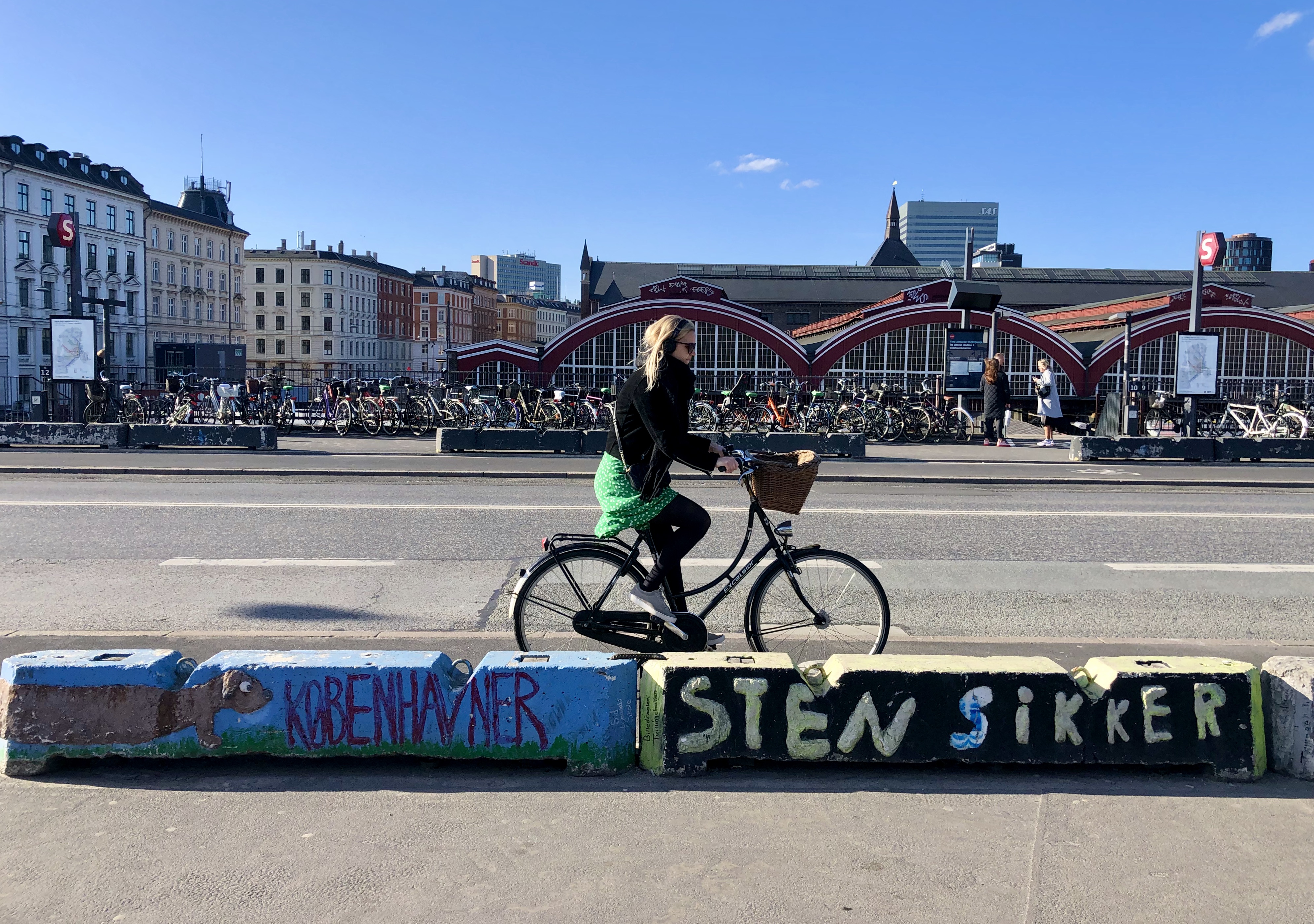The Good City
Counterterrorism and the Ethical Work of Transformation in Copenhagen
DOI:
https://doi.org/10.5617/jea.7359Abstract
In between 2016 and 2017, a number of terrorist attacks took place in public spaces in cities across Europe. Consequently, numerous concrete blocks were placed in the streets of Copenhagen in order to prevent similar attacks made with vehicles towards people in the public space. For the Municipality of Copenhagen, this became the first step in a long process of dealing with the question of how to secure the city’s public spaces. Literature on security points to a worldwide increase in security measures, often legitimized by way of moral discourses of protecting democratic values and saving lives. This article provides an example of a counter movement where a public institution does not perform according to this premise. The article argues that employees at the Municipality of Copenhagen mobilize moral discourses and values associated with liberal democracy and the welfare state in order to minimize the presence of security measures in the public space. To the municipal employees the concrete blocks made Copenhagen’s public spaces express negative moral values such as hostility and fear. Therefore, they initiated what I will call an ethical work of transformation by shaping the materiality of the concrete blocks into security measures more in line with the moral values they associated with the public space and the good city. By following the ethical work of transformation done on counterterrorism measures, the article shows how moral values and materiality can be intertwined. Adding this material dimension to literature on morality and ethics, sheds new light on discussions of security and morality.

Downloads
Published
Issue
Section
License
Authors retain copyright and grant the journal right of first publication with the work simultaneously licensed under a https://creativecommons.org/licenses/by-nc-nd/4.0/
that allows others to share the work with an acknowledgement of the work's authorship and initial publication in this journal, for non-commercial purpose, no derivatives are permitted. (Please not that this license has been used since 1.10.2018 and will be used in the future. Articles published between 1.1.2017-and 30.9.2018 are licensed under CC BY license: https://creativecommons.org/licenses/by/3.0/) Authors are able to enter into separate, additional contractual arrangements for the non-exclusive distribution of the journal's published version of the work (e.g., post it to an institutional repository or publish it in a book), with an acknowledgement of its initial publication in this journal. Authors are permitted and encouraged to post their work online (e.g., in institutional repositories or on their website) prior to and during the submission process, as it can lead to productive exchanges, as well as earlier and greater citation of published work (See The Effect of Open Access).


